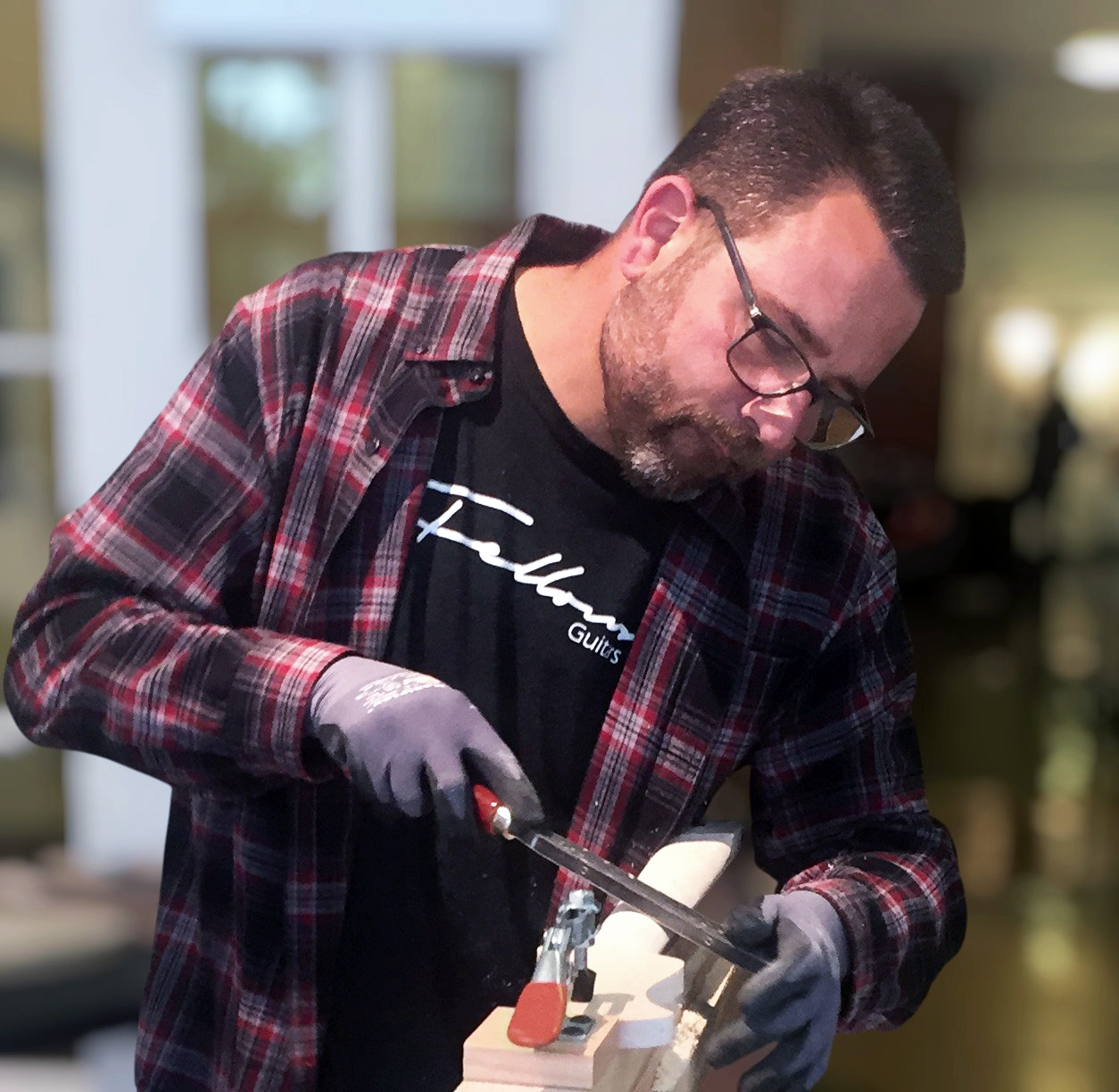We were lucky to catch up with Jonathan Fellows recently and have shared our conversation below.
Jonathan, looking forward to hearing all of your stories today. Looking back, what’s an important lesson you learned at a prior job?
A sales team that I was a part of for a long time had a strategy that consistently produced top results: Show up. Do what you say you’re going to do. Be consistent. Those are all correlated, but the theme was that if you consistently- like on a schedule- put in the work, then success would follow. This really reinforced the work ethic that I carry to this day: Make a plan, work the plan, put in the hours, operate with honesty, integrity and enthusiasm.
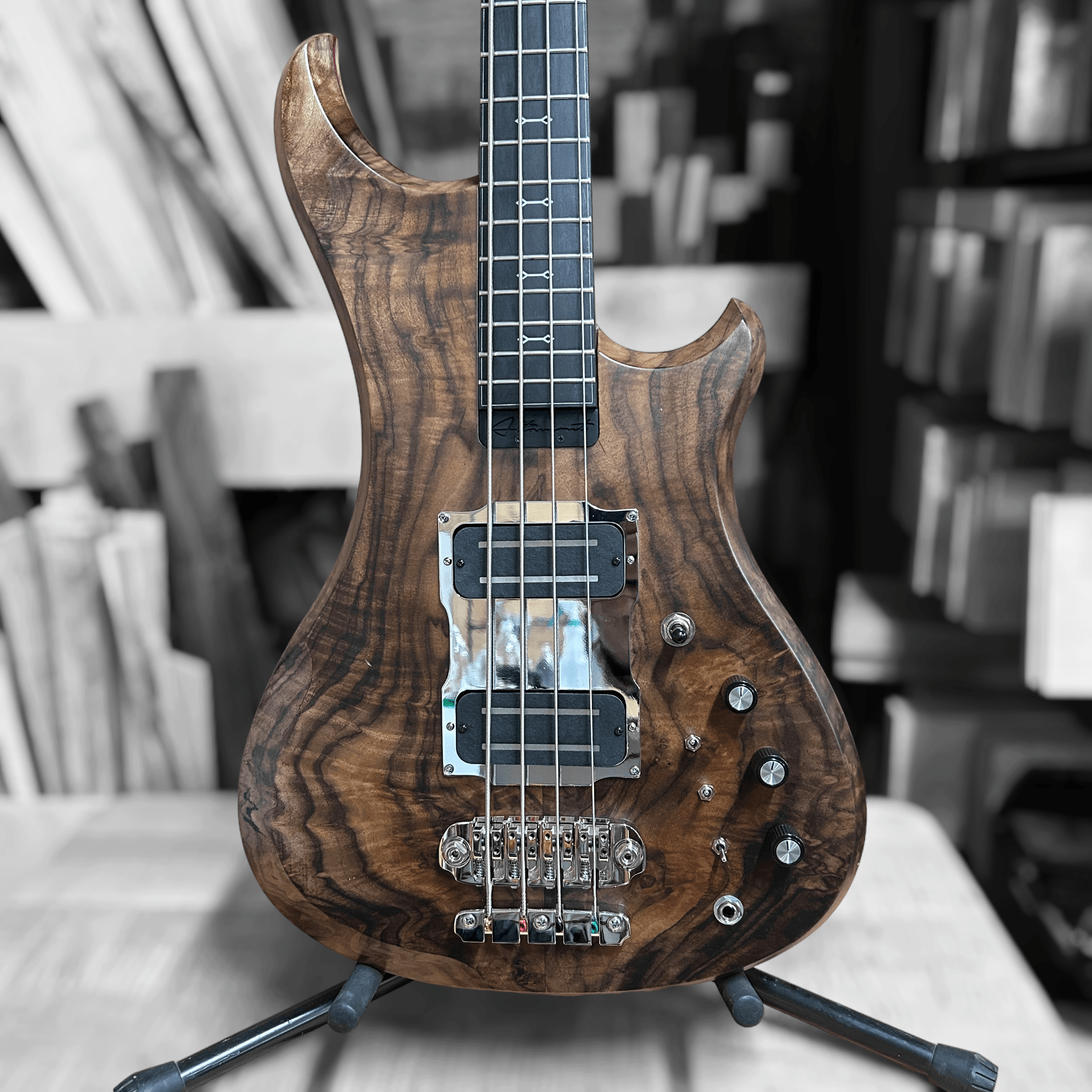
Awesome – so before we get into the rest of our questions, can you briefly introduce yourself to our readers.
There are a few times in life where the entire future turns on one short moment. For me, one of those moments happened when I was 14 years old, a friend and mentor freely invested in me, and taught me to play guitar. Just open chords on a cheap Harmony acoustic guitar from Fedco. It wasn’t much, but turned out to be enough. I played that 3/4 size toy guitar wherever they’d let me, (which wasn’t many places) – but we did have fun.
Eventually I moved on to better instruments, but I still have that old Harmony in a closet around here. The bridge is lifting, the thin pressboard top bent upward from the pull of the strings. I keep it around as a reminder that even a small investment of time by someone who cares can set the course of a life.
Eventually playing lead to tinkering, modding, and eventually building. A project to try build a new guitar led to a new hobby, which somewhere along the way became a passion. I learned from everyone I could. I leaned on woodworking skills learned in my youth from my father. I took courses and classes to fill in gaps.
My goal is to create instruments that inspire their players to create music. I obsess over every little detail because in a strange way, I draw satisfaction from the pure process of obsessively creating.
I build custom electric guitars one by one or in small batches. Sometimes you pick up a guitar or bass and it just speaks to you. If I’m building a custom instrument I want to work directly with the musician that will be playing it to understand how music speaks to them, and to understand their creative process so that I can craft them an instrument that feels like an extension of them. Oh, and it has too look great too!
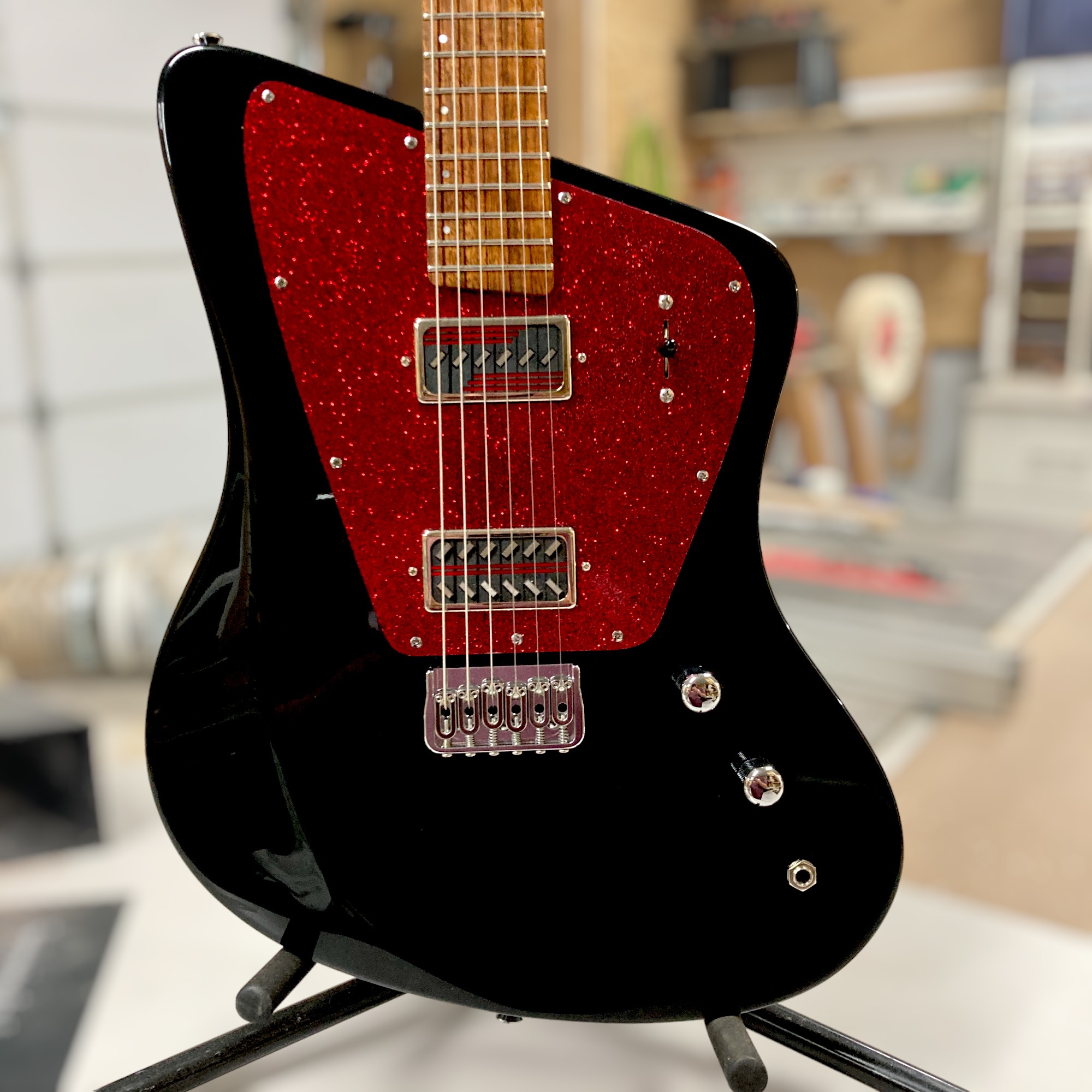
Okay – so how did you figure out the manufacturing part? Did you have prior experience?
I build all of my guitars in my shop in Carthage Missouri. I start with the raw lumber and do pretty much everything construction related in house. The woodwork, paint and finishing, and assembly. The only parts I buy out is the hardware: the bridge, pickups, tuners, and such. It’s a combination of different skills that I’ve had to build over time. When I first started, making a guitar neck from scratch seemed like such a daunting task that required so much expertise. But with time, training and practice, it’s my favorite part of each build. I’ve been building for more than 15 years, and over that time a lot has changed in how I view different aspects of the process. For a long time, I really didn’t enjoy painting and finishing. It was a time consuming process that was difficult to really get right. At one point, I considered farming that part out to professional guitar finishers, but eventually decided against it. Today, it is the other highlight of each build for me because that’s where each instrument really comes into it’s own. Many of them look exactly the same in raw wood. However, once the paint goes on, each guitar gets it’s own identity. I’ve really worked hard to master unique finishes that range from subtle to wild.
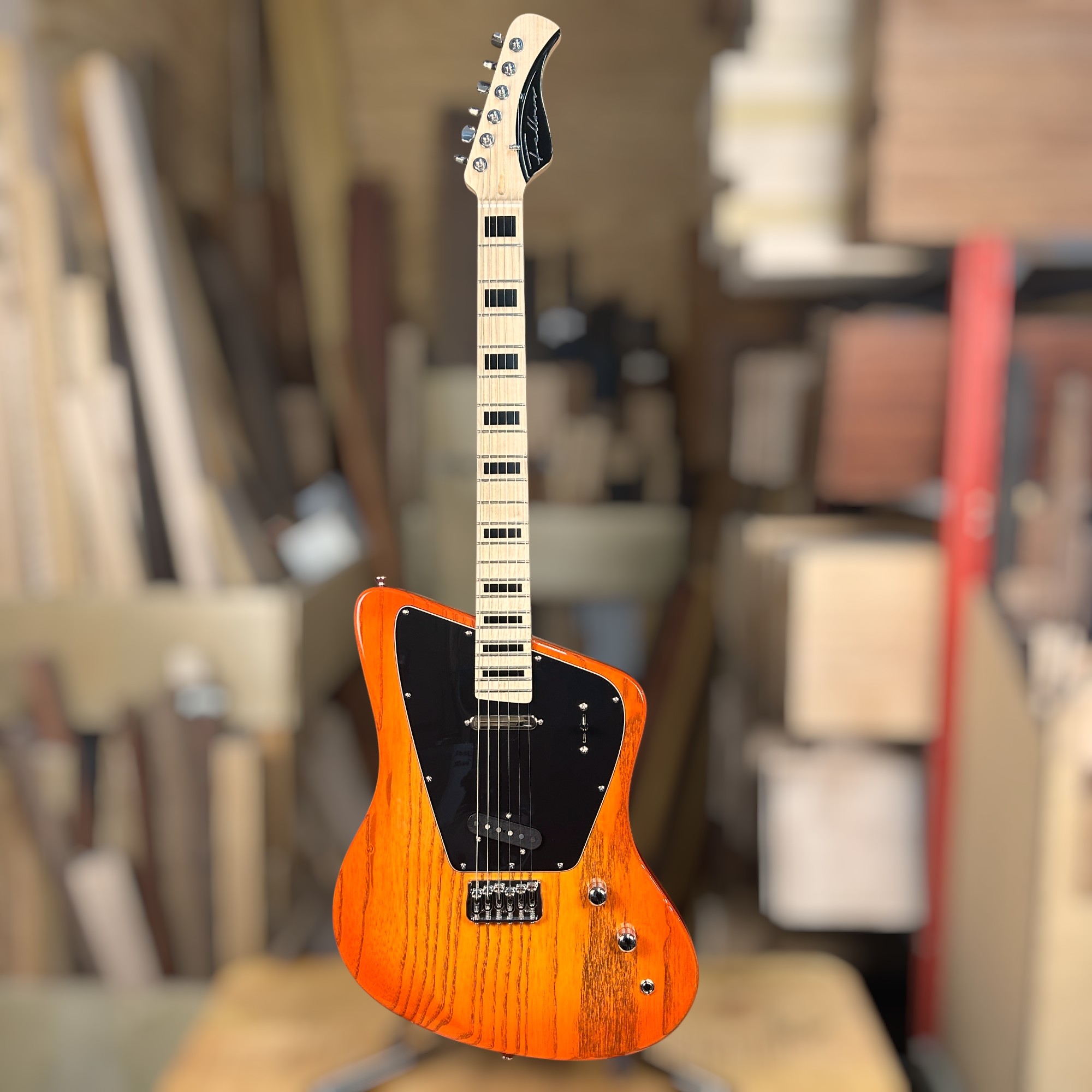
We often hear about learning lessons – but just as important is unlearning lessons. Have you ever had to unlearn a lesson?
I used to believe that building top quality custom guitars by hand is the hard part. It’s not. In fact, there are a lot of people who do it. The real trick is building an audience and connecting with people. You might think that running a shop by myself and building all of these by hand would be an introverted kind of job. That part of the job is; but you have to be able to connect with people to sell instruments. Most people won’t invest in a high end guitar that they haven’t played. The real work is in building that audience. Doing guitar shows and pop-ups, and showing up at places where the people who play guitar are: music stores, open mic nights, concerts and the like. You have to be part of the community of people who are engaged in this industry together. And those people are so great! I’ve made some of my best friends through this community. I’m friends with nearly every customer that has bought a guitar that I’ve built, to one degree or another. No one has ever just ordered one from the website. That would be cool if it ever happens, but that’s not the way it works with boutique guitars. You have to immerse yourself in that community to meet the people who eventually become your customers. So it takes both sides of the coin for me- to be able to work contentedly alone for long stretches building and creating, and then engaging socially both online and in person to make the connections that allow me to keep doing this, and to love doing this.
Contact Info:
- Website: https://www.fellowsguitars.com
- Instagram: @fellowsguitars
- Facebook: https://facebook.com/fellowsguitars
- Other: TikTok: @fellowsguitars
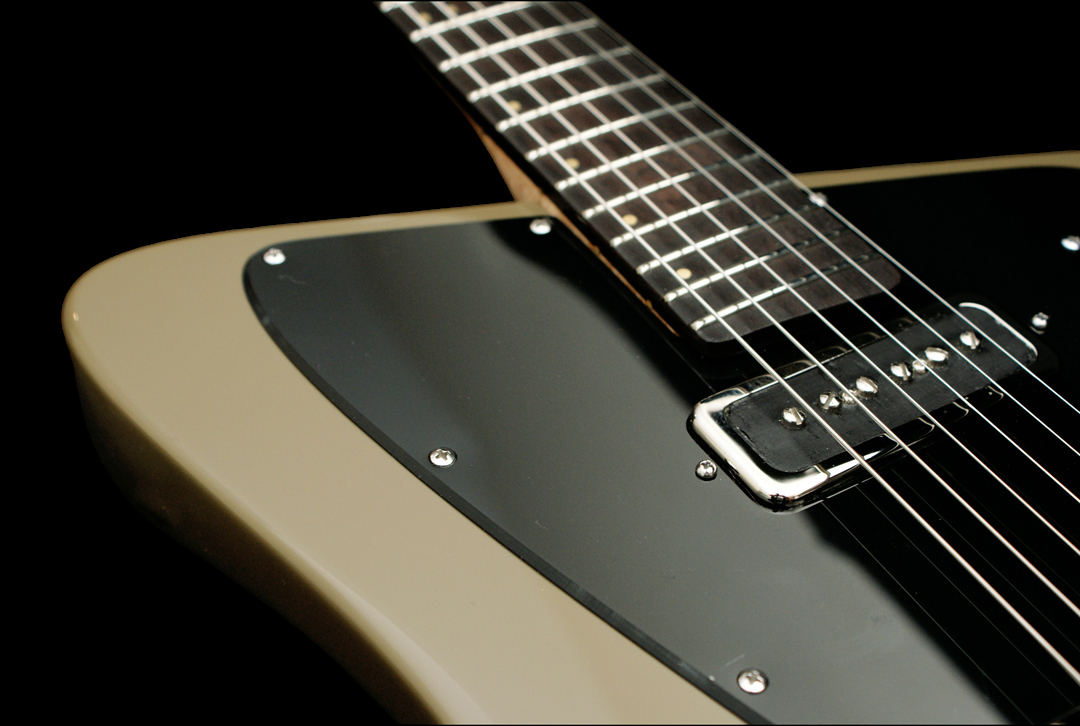
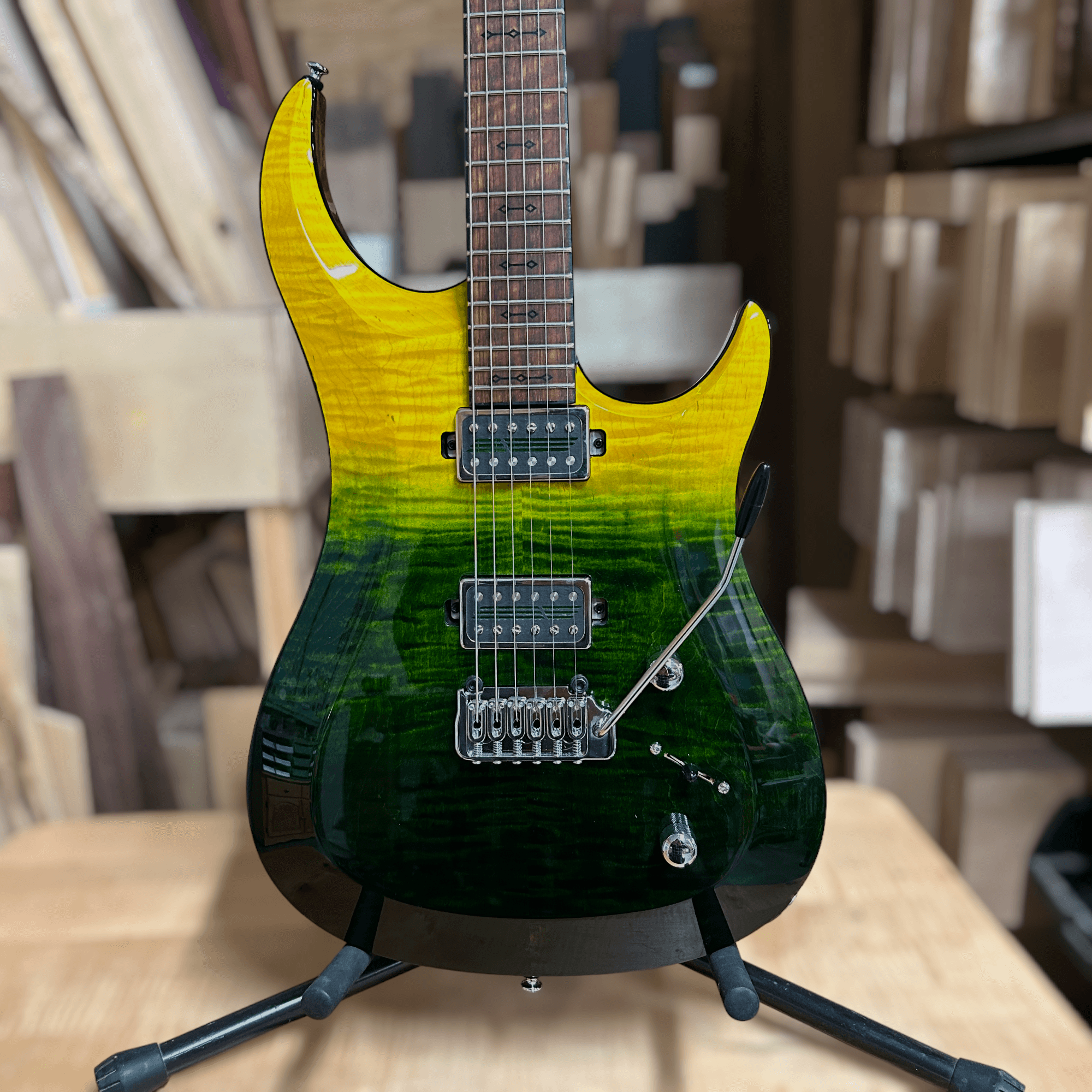
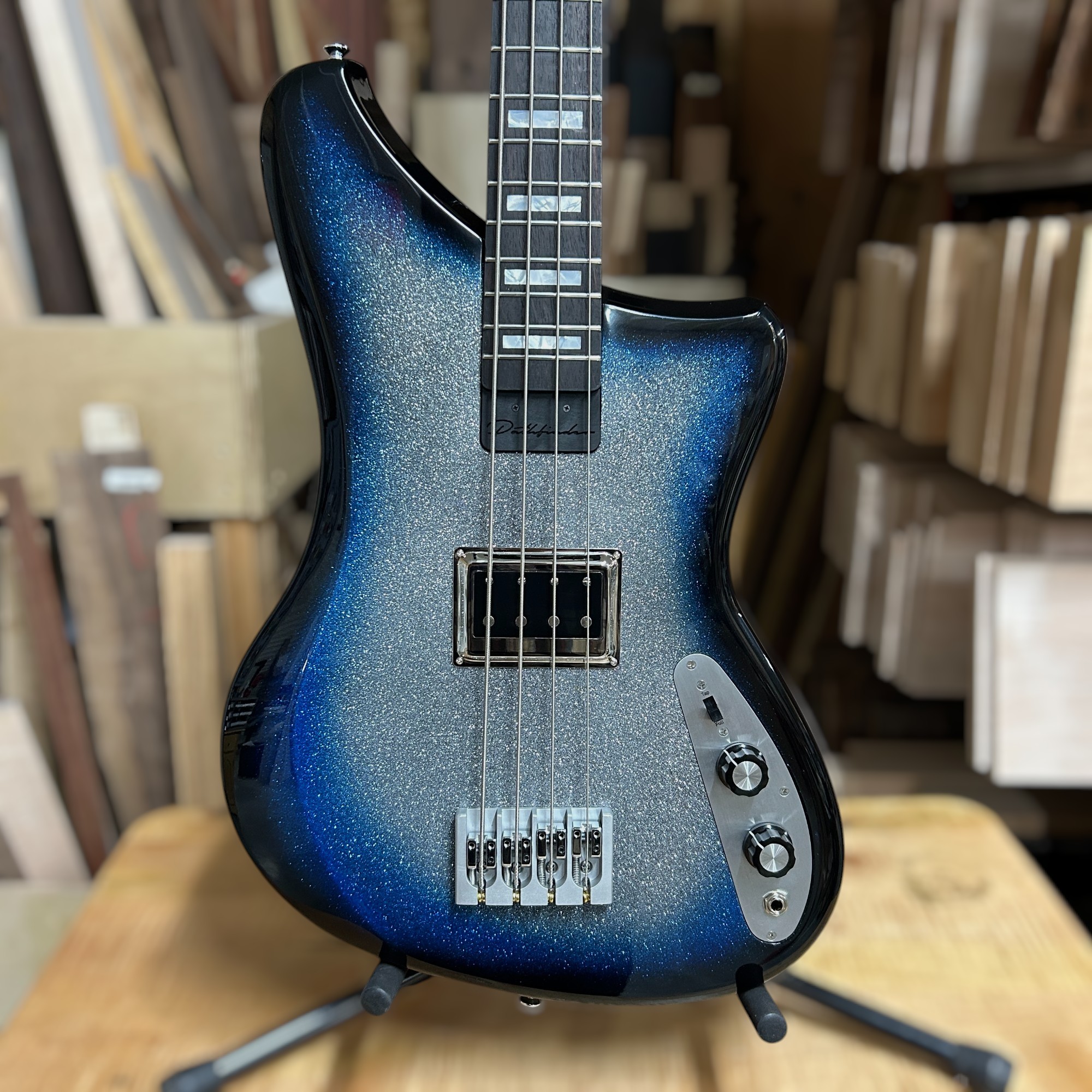
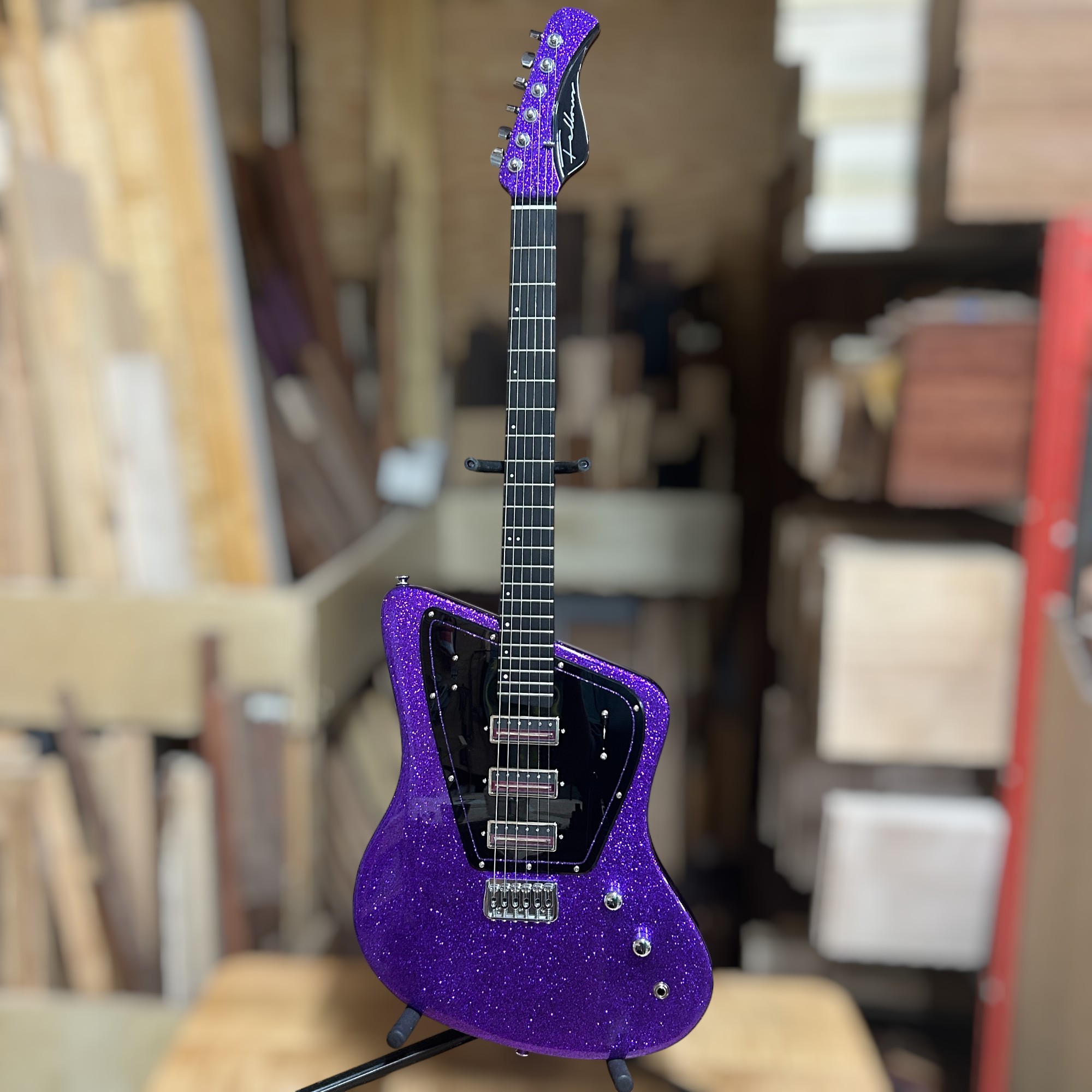
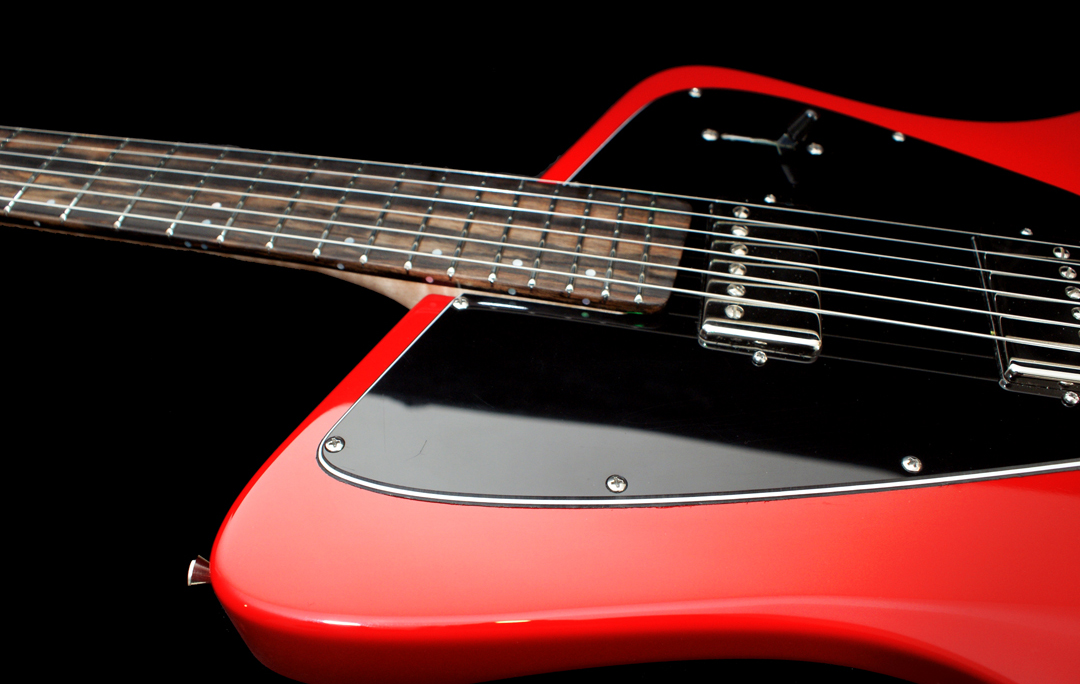
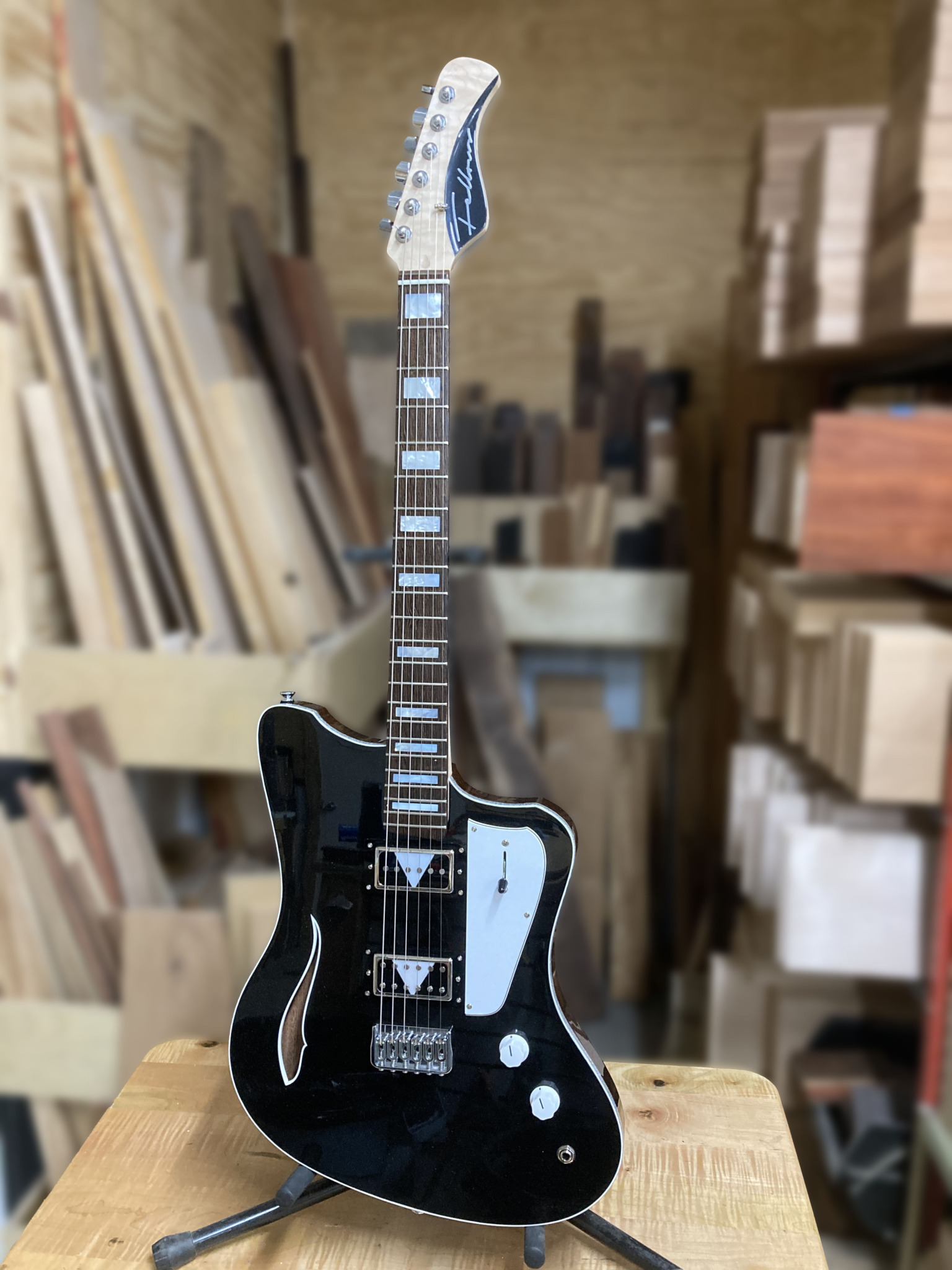
Image Credits
Jonathan Fellows


